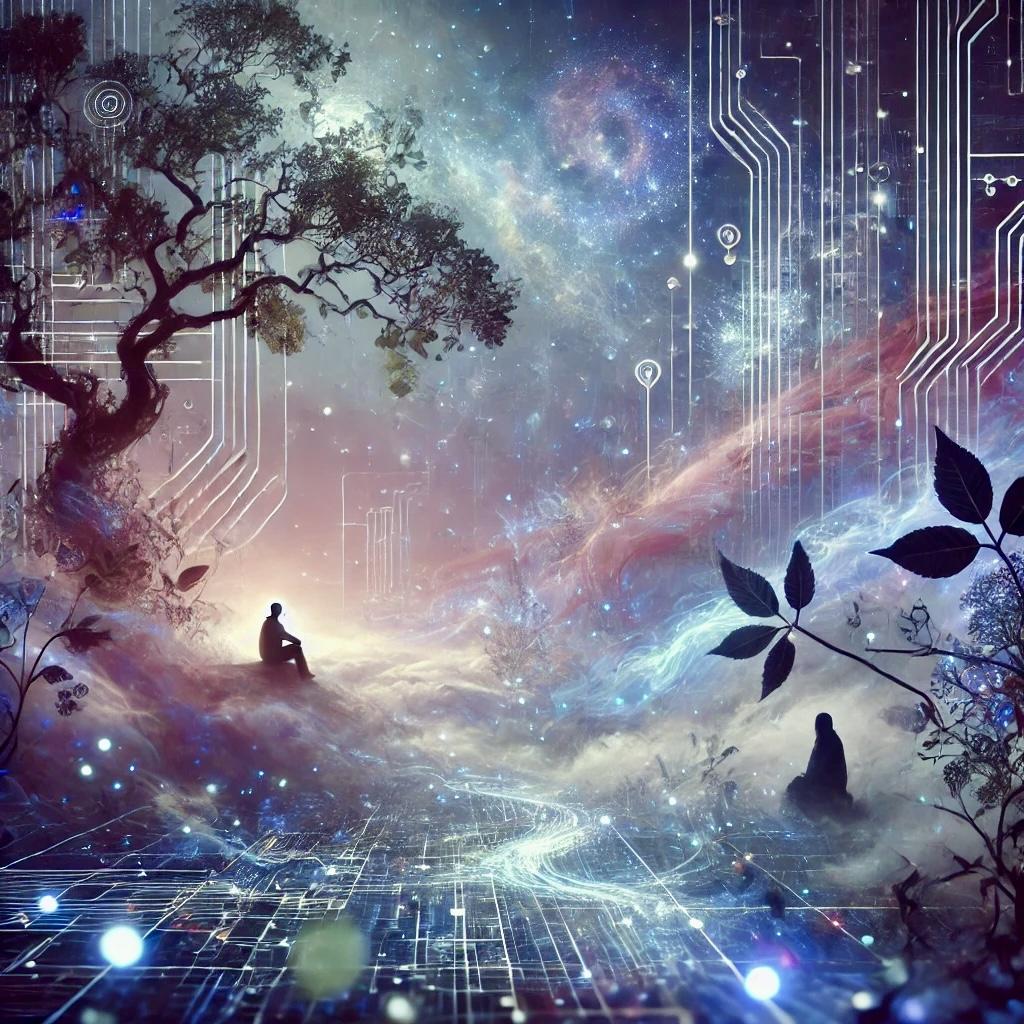
Meet David Bohm: A Pioneer in Physics and Philosophy
David Bohm, a visionary physicist and philosopher, explored the depths of theoretical physics, philosophy, and neuropsychology. His work continually pushed the boundaries of how we understand reality and consciousness. Born in 1917 and passing in 1992, Bohm left an enduring legacy, especially with his groundbreaking work Wholeness and the Implicate Order. This book presents a revolutionary view of the cosmos, urging us to see it not as a collection of isolated objects but as an undivided, flowing whole.
Challenging the Fragmented View of Reality
Bohm argued that our tendency to view reality and consciousness as separate impairs our ability to truly understand the universe and our place within it. He called for a new perspective—one that sees reality as an "unbroken, unfragmented, borderless whole," where consciousness is not an isolated phenomenon but deeply integrated into the fabric of existence. This shift in perception has the potential to transform how we engage with the world.
The Implications Beyond Physics
Bohm’s holistic worldview doesn’t stop at theoretical physics; it extends to our understanding of society and ourselves. By perceiving ourselves as integral parts of a connected universe rather than separate entities, we unlock the potential for more harmonious relationships—both with each other and with our environment.
Embracing Intuition and Creativity
Bohm encouraged us to examine reality not only through logic and mathematics but also through intuition, imagery, and poetic expression. For Bohm, this blend of cognitive and creative thinking is crucial for maintaining mental harmony, promoting societal stability, and continually expanding our understanding of the world.
Connecting Bohm’s Vision to ReLeaf and Sustainable Practices
Bohm’s ideas resonate deeply with initiatives like ReLeaf and vertical gardens, which transform waste and underutilized spaces into vibrant ecosystems. These projects embody Bohm’s concept of interconnectedness, illustrating how all life forms and environments are deeply intertwined. By turning discarded items into sources of life, these initiatives reinforce the idea of unbroken wholeness in action.
The Dance of Reality
Understanding this intricate "dance of reality" helps us appreciate the interplay between our inner world—our thoughts and feelings—and the external environment. When we see our inner experiences as part of a greater reality, we foster a more balanced and integrated existence.
A Call to Rethink Reality
In essence, David Bohm challenges us to reconsider our traditional notions of reality and consciousness. He invites us to embrace a worldview that celebrates unbroken wholeness, interconnectedness, and the endless unfolding of existence. As we navigate the complexities of the modern world, Bohm’s insights remain profoundly relevant, offering pathways for both personal growth and societal transformation.